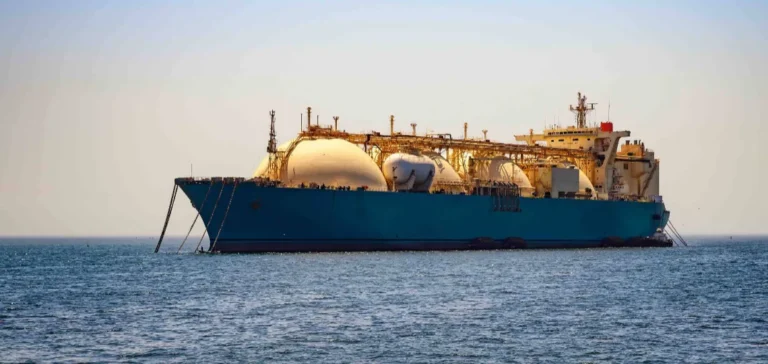A majority of European Union member states have agreed to a ban on Russian natural gas imports, marking a key step in reducing the bloc’s energy dependence on Moscow. The measure, proposed by the European Commission in the spring, received broad support during a Council of Energy Ministers meeting in Luxembourg. Slovakia and Hungary opposed the move but were outvoted.
The primary objective is to cut off one of the main revenue sources for the Russian economy, which continues to benefit significantly from hydrocarbon exports. In 2025, the EU is expected to purchase €15bn ($15.91bn) worth of natural gas from Russia. The proposal will now proceed to negotiations with the European Parliament before implementation.
Push for final approval before end of 2025
The EU’s rotating presidency, currently held by Denmark, aims to finalise talks with the European Parliament before year-end. Danish Minister for Energy Lars Aagaard described the decision as one that “will shape the future of the continent”, highlighting the need to diversify energy sources.
The European Commission is also pushing for an accelerated timeline. In September, it proposed ending imports of liquefied natural gas (LNG) from Russia by the end of 2026. This proposal forms part of a 19th sanctions package still under discussion but was not on the agenda of the ministerial meeting.
Persistent divisions among member states
Hungary voiced strong opposition to the ban, citing risks to its energy security. Foreign Minister Peter Szijjarto claimed the move would “kill” the country’s supply stability, asserting that energy supply should not be linked to foreign policy.
Meanwhile, the European Parliament is calling for a faster and broader ban. Its Industry and Trade committees adopted a proposal to halt all imports of Russian gas — both pipeline and LNG — as early as January 1, 2026, with limited exceptions.
Significant dependency still to reduce
Despite efforts since the start of the Ukraine conflict in 2022, Russia still accounted for 19% of the EU’s gas imports in 2024, down from 45% in 2021. The decline is notable but reflects ongoing dependency, especially among Central European countries.
This latest pressure from EU institutions comes amid growing international calls to cease all energy cooperation with Russia. The president of the United States recently stated that European purchases of Russian oil and gas amounted to “funding the war” in Ukraine.






















